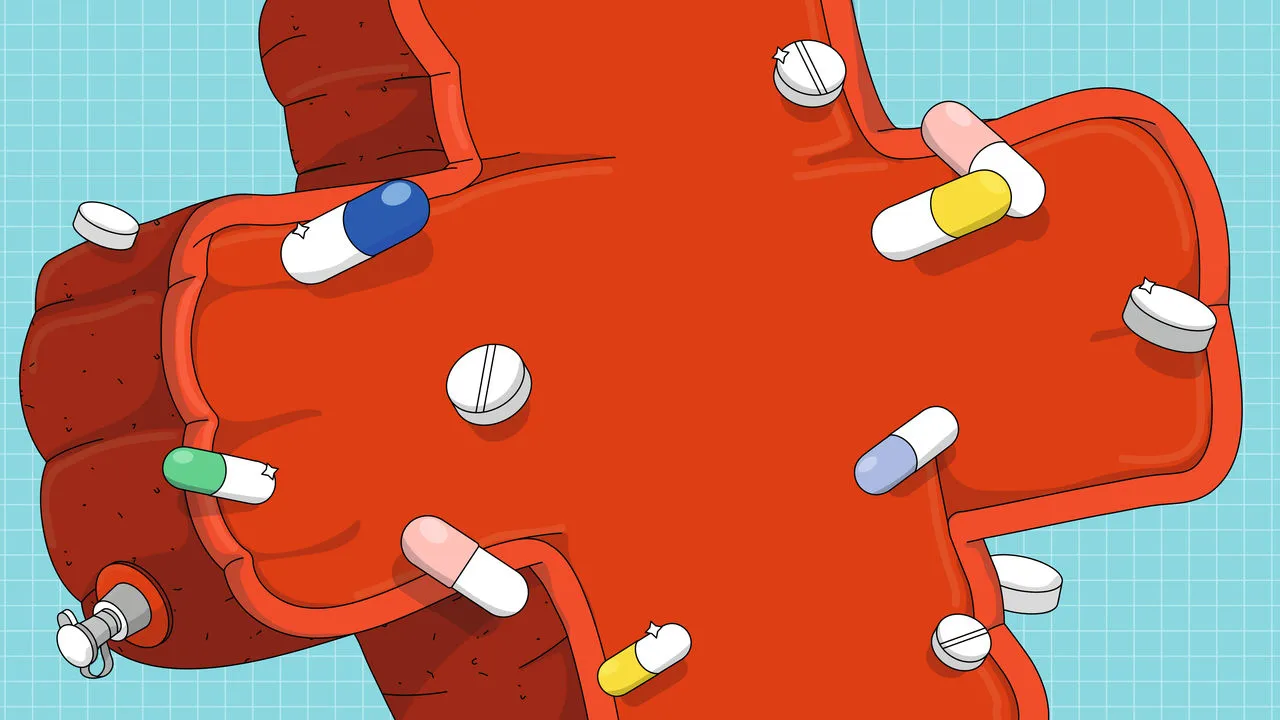One of the biggest changes ever proposed to Medicare is working its way through Congress, and if it passes, and is signed into law by President Biden, it would put a smile on the face of tens of millions of beneficiaries—literally.
The change would add dental benefits to Medicare for the first time since the gargantuan federal program was launched in 1965. It would also add vision and hearing benefits as well, also for the first time.
As many seniors know, Medicare generally doesn’t cover the so-called “head issues”—eyes, ears and mouth. Eyeglasses, contact lenses, hearing aids, exams, and dental procedures—these are all areas that contribute to rising healthcare costs, forcing some seniors to make difficult choices about what they can, and cannot afford.
It seems like a no-brainer that these things should have been part of Medicare from the very beginning when President Lyndon B. Johnson signed the Medicare bill into law. It was meant, LBJ said, to be a health insurance program for the elderly; it also established Medicaid, a health insurance program for the poor.
So what happened? The example of dental care tells the story. The reason it was excluded from Medicare more than half a century ago, reports the New York Times, is because of opposition from the American Dental Association (ADA). It has long opposed a dental benefit, on fears that Medicare wouldn’t pay dentists enough for the care they provide. The ADA’s policy position to this day reflects this: “oral healthcare for adults age 65 and older depends on acceptable and sustainable financing of that care.”
This isn’t unreasonable. Just like anyone else, dentists want to be paid fair value for the service they provide, and dentistry—a highly-skilled profession—isn’t cheap. The ADA has its own policy solution: Means testing dental care, which would provide benefits to those who cannot afford to pay.
“Our focus is on the people who don’t go to the dentist at all,” Michael Graham, the senior vice president for government and public affairs at the association, told the Times.
And millions don’t go. Nearly half of Americans 65 and over didn’t visit a dentist in the last year, according to the Centers for Disease Control and Prevention. The CDC adds that nearly one in five have lost all their natural teeth.
Don’t think that this is merely a cosmetic issue. According to the Mayo Clinic, dental problems can lead to major, potentially fatal health issues, including cardiovascular disease and pneumonia. It adds that common senior problems like diabetes, osteoporosis and Alzheimer’s disease can damage oral health.
Why does this happen? Because healthy teeth and gums—and proper care of them—act like gatekeepers to the rest of your body, keeping out bacteria that can cause infections and the problems mentioned above.
Expanding Medicare is a winning political issue. A Morning Consult survey in late June said that 84% of Americans, including more than three-quarters of Republicans, support it.
But don’t think lawmakers—usually eager to hand out money to constituents—will automatically go along. That’s because the Medicare expansion plan is part of a gigantic $3.5 trillion spending proposal that also includes a wide range of things that aren’t as popular with Republicans, everything from universal pre-K and two free years of community college, to a variety of clean energy and climate programs.
This giant spending plan barely passed the House earlier this month by a narrow 220-212 vote. In the Senate it would need all 50 Democratic votes—which isn’t guaranteed—plus the vote of Vice President Kamala Harris, to pass by what’s known as “reconciliation,” which means legislation can be passed with a simple majority of votes.
https://www.marketwatch.com/story/eyes-ears-teeth-big-changes-coming-maybe-to-medicare-11630364534




